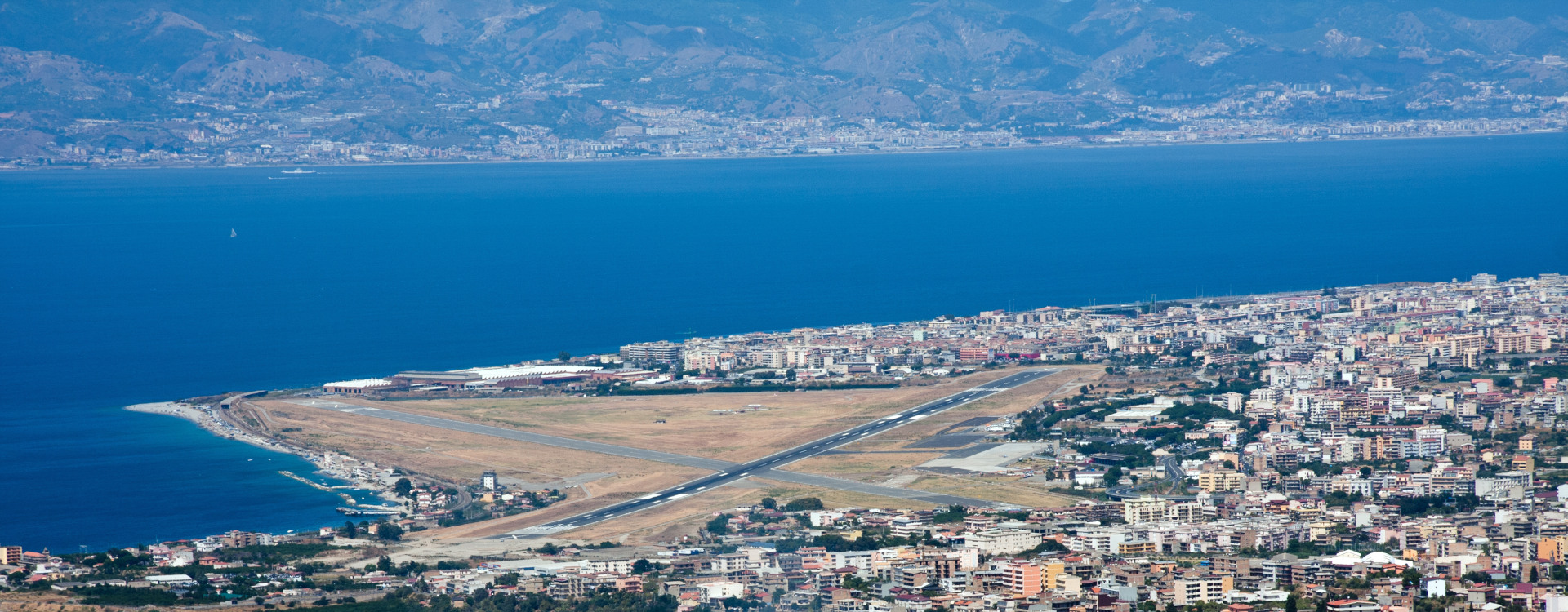What is measurement uncertainty? The case of COVID-19 outbreak forecasting
LECTURER

Nicola Giaquinto
Politecnico di Bari
ABSTRACT
Forecasting the evolution of the COVID-19 outbreak has suddenly and understandably become, in 2020, a topic of extreme interest and importance. Policy makers, health resources managers, and general population, everyone wants to know, for different but always very good reasons, the probable future evolution of the number of infections, or the number of hospitalized, etc.
Such forecasts are of course extremely challenging. There are countless influencing variables, difficult to quantify, and cause-and-effect links, difficult to establish correctly. A possible approach to the problem, however, is the simple time series analysis, with techniques related to those of econometrics, and therefore to estimation theory. Many scientific works have been produced on this trace.
Although it is difficult to argue that past time series of COVID-19 contain all the information useful for predicting the future, it is certainly interesting to check their forecasting capabilities. Besides, forecasting by time series analysis makes extremely clear the importance of uncertainty evaluation, a topic sometimes – and erroneously – considered of interest just for calibration laboratories, and for few uncertainty theoreticians. Uncertainty evaluation, for example, highlights the difficulty, and the modest value, of long-term forecasts.
Discussing the uncertainty of COVID-19 forecasts is therefore useful to understand the great practical value of uncertainty evaluation, and to reflect on the actual meaning of “uncertainty”, involving some foundational issues. Last but not least, it illustrates very clearly the phrase attributed to Bohr:
“Prediction is very difficult, especially about the future.”
SHORT BIOGRAPHY
Nicola Giaquinto was born 1966. He received the M.S. and Ph.D. degrees in Electronic Engineering from Polytechnic University of Bari, Italy, in 1992 and 1997, respectively.
From 1997 to 1998 he was a post-doc researcher at ENEA (Italian Agency for New Technologies). In 1998, he joined Polytechnic University of Bari, where he has been Coordinator of the Measurement Laboratory, Assistant Professor, and is currently Associate Professor. His research interests are focused on mathematical methods for measurements, and include statistical signal processing, system identification for measurement applications, theoretical and practical issues in measurement uncertainty evaluation. He is also active in the practical design and characterization of sensors and measurement methods.
Nicola Giaquinto is a member of the Italian Association “Electrical and Electronic Measurement Group” (GMEE), of the IEEE TC-10 Technical Committee “Waveform Generation, Measurement & Analysis”, and of the IEEE Instrumentation & Measurement Society.
Didactic Material |
|---|
|
|


